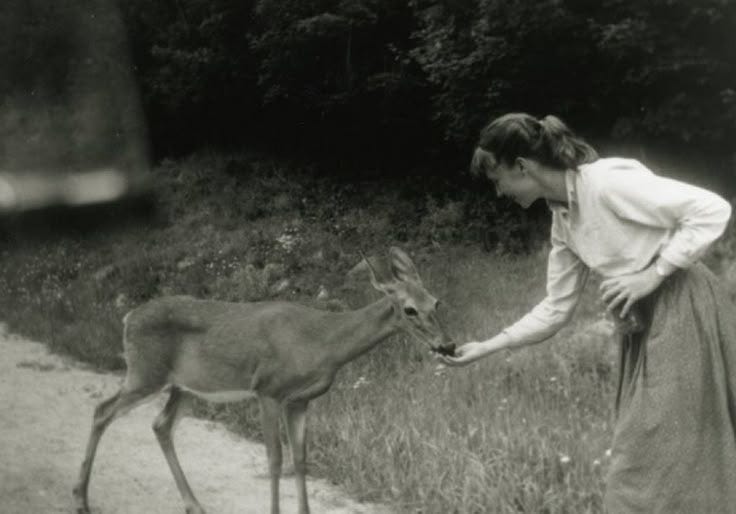there’s a specific kind of woman we’re taught to admire. she’s melancholic but graceful. she reads poetry on her bedroom floor. she’s sad, but her sadness never spills out too loudly. she cries in soft lighting, her pain dressed in muted tones, always dignified. her suffering doesn’t frighten anyone. it invites them in. and this, we’re told, is what makes her special: she is delicate without being difficult. tragic without being chaotic. beautiful, but not disruptive.
from fiction to film to our social feeds, the image persists. a woman unraveling — but only just enough to be captivating. not enough to demand anything. not enough to be a burden. it’s a trope that goes back centuries. ophelia floating among flowers. anna karenina walking toward the tracks. sylvia plath’s head in the oven. virginia woolf, stones in her pockets. we encounter these women in english classes, in black-and-white portraits, in endless reimaginings. their deaths are quoted more often than their rage. their internal lives turned into metaphors. their pain becomes meaningful only when it ends them, or at least silences them.
in the virgin suicides, the lisbon sisters exist almost entirely through the gaze of the neighborhood boys who narrate the novel. their pain is never fully understood, but it’s romanticised into mythology. the girls become symbols of something elusive and lost — the perfect example of how women’s suffering becomes more palatable when it remains just out of reach. what we rarely talk about is how this romanticisation informs real life. how girls grow up learning to turn pain into performance. how they absorb the lesson that being lovable means being manageable — even in distress. sadness, they learn, can be feminine, so long as it’s graceful. anger, on the other hand, is too much. rage is unacceptable. loud grief is embarrassing. there is a reward system in place. the softer your breakdown, the more beautiful your sadness, the more sympathy you get.
Keep reading with a 7-day free trial
Subscribe to milk and cookies to keep reading this post and get 7 days of free access to the full post archives.





